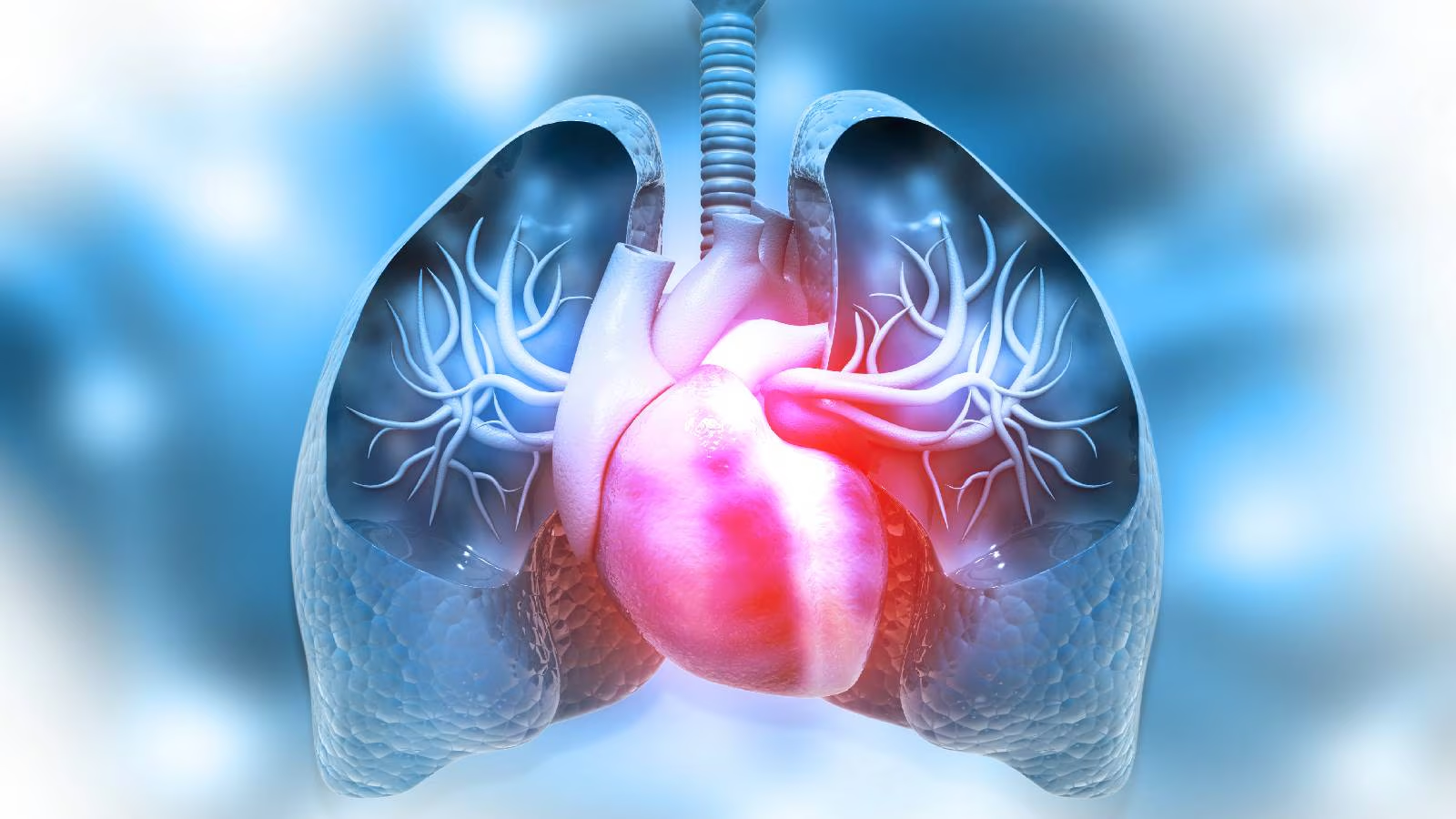
Interstitial Lung Disease (ILD)
What is Interstitial Lung Disease?
Interstitial Lung Disease (ILD) is a group of lung disorders that cause inflammation and scarring (fibrosis) of the lung tissue, particularly the interstitium—the part of the lungs involved in gas exchange. Over time, this scarring makes it hard for the lungs to work properly and for oxygen to pass into the bloodstream.
Types of ILD
- Idiopathic Pulmonary Fibrosis (IPF)
- Hypersensitivity Pneumonitis
- Sarcoidosis
- Autoimmune-related ILD (linked to conditions like rheumatoid arthritis or lupus)
- Occupational Lung Diseases (due to exposure to asbestos, silica, etc.)
Causes and Risk Factors
- Long-term exposure to harmful substances (asbestos, coal dust, mold)
- Autoimmune diseases (e.g., rheumatoid arthritis, scleroderma)
- Infections
- Radiation therapy
- Certain medications (e.g., chemotherapy drugs, antibiotics)
- Genetic predisposition
- In many cases, the cause is unknown (idiopathic)
Symptoms of ILD
- Persistent dry cough
- Shortness of breath (especially during activity)
- Fatigue and weakness
- Chest discomfort
- Unexplained weight loss
- Clubbing of fingers (in advanced stages)
Symptoms often develop gradually and worsen over time if not managed.
Diagnosis
- High-Resolution CT (HRCT) Scan: Provides detailed images of lung tissue.
- Pulmonary Function Tests: Measure how well the lungs work.
- Chest X-rays
- Blood Tests: To identify underlying autoimmune diseases or inflammation.
- Bronchoscopy or Lung Biopsy: In some cases, to confirm the diagnosis.
Treatment and Management
There is no cure for most forms of ILD, but treatment can slow its progression and relieve symptoms:
- Anti-fibrotic medications (for IPF)
- Corticosteroids or immunosuppressants (for inflammation)
- Oxygen therapy
- Pulmonary rehabilitation
- Lung transplant (in severe or advanced cases)
- Avoiding exposure to lung irritants and allergens
Living with ILD
- Follow a healthy, balanced diet
- Stay active with gentle, regular exercise
- Avoid smoking and secondhand smoke
- Keep up with vaccinations (flu, pneumonia, COVID-19)
- Attend regular follow-ups with your healthcare provider
When to Seek Medical Attention
See a doctor if you experience:
- Persistent breathlessness
- Chronic dry cough
- Decreased exercise tolerance
- Any worsening of known lung symptoms
Conclusion
Interstitial Lung Disease is a serious condition that requires early diagnosis and long-term management. With the right care and lifestyle adjustments, many people with ILD can maintain a good quality of life.
